Assisted living facilities offer a safe, supportive environment for seniors, and many families searching for assisted living facilities near me find that these communities provide personalized medical services, ranging from routine assessments to chronic disease management. This article outlines the essential services available, illustrates their benefits, and explains how families can choose the right care provider.
Key Takeaways
- Assisted living facilities provide on-site medical care, including assessments, chronic disease management, and medication oversight.
- These services improve health outcomes, quality of life, and reduce hospital readmissions.
- Partnerships with medical service providers and telemedicine enhance the coordination of care.
- Families can make informed decisions by understanding care details and medication safety measures.
- Technologies like remote patient monitoring are transforming assisted living care.
What Medical Services Are Commonly Provided in Assisted Living Facilities?

Assisted living facilities typically offer a broad range of medical services designed to meet residents’ unique needs. Core services include on-site medical assessments, medication management, chronic disease care, and telemedicine support to ensure timely interventions and reduce the need for hospital visits.
What Are On-Site Medical Assessments and Consultations?
Residents receive routine health evaluations, physical exams, and consultations with primary care physicians directly within the facility. These assessments help detect health issues early, allowing for prompt, personalized interventions and care planning.
How Does Medication Management Work in Assisted Living?
Medication management involves scheduling, monitoring dosages, and ensuring safe administration of medications. On-site professionals maintain detailed records to reduce errors and keep families updated, ensuring proper use and minimal risk of adverse interactions.
What Is Chronic Disease Management for Assisted Living Residents?
Facilities develop personalized care plans for long-term conditions such as diabetes, heart disease, and arthritis. Regular monitoring, medication adjustments, and lifestyle guidance are provided to stabilize conditions and enhance overall quality of life, with periodic professional reviews to ensure timely adjustments.
How Are Telemedicine Services Integrated Into Assisted Living Care?
Telemedicine connects residents with healthcare providers through virtual consultations and remote monitoring tools. This approach reduces wait times, minimizes travel, and enables after-hours care, ensuring that specialist input is available quickly when needed.
What Does 24/7 Medical Support Include for Residents?
Around-the-clock care in assisted living involves emergency response, regular wellness checks, and on-call nursing services. Immediate attention is provided during acute events—such as falls or sudden illnesses—through established protocols that lower risks and provide families with peace of mind.
How Do Medical Services Benefit Residents in Assisted Living Facilities?
Medical services in assisted living not only support residents’ health but also enhance independence by reducing hospital stays and fostering proactive care. These services ensure that residents have ongoing access to timely, personalized support for a better quality of life.
How Do Medical Services Improve Resident Health Outcomes?
Early detection of issues through regular assessments and coordinated medication management contributes to stable health outcomes. Integrated services have been linked to fewer emergency room visits and reduced readmission rates, ensuring residents remain healthy and active.
In What Ways Do Medical Services Enhance Quality of Life?
With dependable, on-site care, residents experience less worry over health issues. Consistent medical attention, paired with social and recreational programs, contributes to improved physical and mental wellness, helping residents maintain mobility and independence.
How Do Medical Services Reduce Hospital Readmissions?
Continuous monitoring coupled with timely interventions means that complications are addressed before they require hospital care. This proactive approach not only stabilizes health conditions but also significantly decreases the financial burden associated with repeated hospitalizations.
What Cost Benefits Do Residents Experience From On-Site Medical Care?
Timely on-site diagnosis and treatment limit the need for expensive emergency services and hospital visits. Bundled care and preventive programs help lower long-term healthcare costs, making assisted living an economically viable option for continuous care.
How Do Assisted Living Facilities Partner With Medical Service Providers?

Facilities work closely with specialized medical providers to integrate expert care into daily routines. These partnerships ensure that residents benefit from a wide array of services and the latest medical technology, contributing to a safer, more coordinated care environment.
What Are the Benefits of Partnering With Medical Service Providers?
Collaborations with external medical experts enhance overall care quality by providing access to additional services and technology. These partnerships improve care outcomes and foster a preventive approach that benefits resident satisfaction.
How Is Care Coordination Managed Between Facilities and Medical Teams?
Effective communication is maintained through shared electronic health records (EHRs), comprehensive care plans, and regular interdisciplinary meetings. This coordination ensures that all providers are informed of each resident’s status and can react quickly in emergencies.
How Do Partnerships Help Facilities Reduce Hospital Readmissions?
By leveraging telehealth and outpatient services through their partnerships, facilities ensure continuous monitoring and early treatment. This integrated care approach minimizes the need for hospital transfers, supporting stable long-term health for residents.
What Should Facilities Consider When Choosing a Medical Service Provider?
Key factors include accreditation, geriatric care expertise, technological capabilities, and service responsiveness. Facilities must consider providers who can seamlessly integrate with their systems and have a proven record in managing healthcare costs efficiently.
What Should Residents and Families Know About Choosing Medical Services in Assisted Living?
Residents and families must understand the range of available medical services and the standards upheld by the facility. This awareness helps in making informed decisions for quality, personalized, and timely care.
How Do You Choose the Right Medical Provider in Assisted Living?
Evaluating provider credentials, experience in elderly care, and the range of services offered is crucial. Families should look for care models that incorporate modern technology and integrated health management, supported by recommendations from other residents and reviews.
What Can Residents Expect From Medical Services in Assisted Living?
Residents receive consistent and patient-focused care, including routine assessments, timely interventions, and ongoing health monitoring. Clear communication and inclusion of family members in care decisions further enhance the support system available to residents.
How Is Medication Safety Ensured for Assisted Living Residents?
Strict protocols, including regular medication reviews and electronic tracking systems, ensure that residents receive safe and accurate dosage administration. Dedicated nursing staff closely monitor treatment adherence to avoid errors.
What Are Common Questions About Medical Services in Assisted Living?
Families often ask about the breadth of services, emergency response procedures, customization of care plans, service costs, and the integration of modern technologies in monitoring health conditions.
How Is Technology Transforming Medical Services in Assisted Living Facilities?

Advances in technology, such as telemedicine, remote monitoring, and secure communication platforms, are reshaping how care is delivered in assisted living facilities. These innovations ensure timely access to healthcare and improve caregiver responsiveness.
What Are the Benefits of Telemedicine for Assisted Living Residents?
Telemedicine reduces the need for travel by allowing virtual consultations with specialists. It enhances access to specialty care, offers cost savings, and enables quicker follow-ups on treatment plans, contributing to better overall health management.
How Does Remote Patient Monitoring Support Resident Health?
Wearable devices and monitoring tools track vital signs and chronic condition markers in real time. This immediate data sharing with healthcare providers leads to prompt interventions and personalized care adjustments vital for managing acute and chronic conditions.
What Technologies Are Used to Enhance Medical Care in Assisted Living?
Integration of electronic health records, wearable health trackers, and automated medication systems streamlines care, aids accurate diagnostics, and enhances coordination among caregivers. Using these technologies supports preventive measures and tailored treatment approaches.
How Is Technology Improving Communication Between Residents and Providers?
Secure portals and video conferencing tools facilitate regular check-ins and real-time updates. This digital oversight ensures that communication remains continuous, enabling swift response during health emergencies and enhancing overall patient care.
Which Chronic Conditions Are Commonly Managed Through Assisted Living Medical Services?
Assisted living services focus on managing chronic conditions to help residents maintain independence. Effective management reduces symptoms and supports everyday functioning, allowing for a more active lifestyle.
How Is Diabetes Managed in Assisted Living Facilities?
Diabetes care involves regular blood sugar monitoring, nutritional planning, and precise medication administration. Tailored meal and exercise plans help stabilize glucose levels, while ongoing education empowers residents in managing their condition.
What Are Best Practices for Heart Disease Management in Assisted Living?
Heart disease is managed through consistent monitoring of blood pressure and cardiac function. Specialized nursing and periodic assessments help detect early signs of deterioration, with lifestyle modifications and medication adjustments forming the cornerstone of care.
How Is Dementia Care Integrated With Medical Services?
Facilities offer structured dementia programs that combine medical management with behavioral support. These programs focus on improving cognitive function, controlling symptoms, and ensuring a secure environment, along with sensitive emotional support.
What Support Is Available for Arthritis and Mobility Issues?
For conditions like arthritis, a combination of pain management, physical therapy, and assistive devices is provided. Regular physiotherapy and specialized exercises help reduce pain and improve mobility, fostering a more independent lifestyle.
What Are the Steps to Access Medical Services in Assisted Living Facilities?
Accessing medical services is streamlined to ensure residents receive prompt care. The process involves scheduling on-site assessments, coordinating care through dedicated staff, and activating emergency protocols as needed.
How Do Residents Schedule on-Site Medical Assessments?
Appointments are coordinated by dedicated staff who manage calendars and ensure timely evaluations. Scheduling is done either in person or via internal communication systems, with clear channels for urgent needs.
What Is the Role of Nurses and Doctors in Assisted Living Medical Care?
Nurses act as the first point of daily contact, monitoring health and assisting with medications, while doctors perform evaluations, craft personalized care plans, and address any signs of health decline to ensure continuous care.
How Are Emergencies Handled Within Assisted Living Facilities?
Established protocols prompt immediate notification of on-site staff and coordination with external emergency services. These steps guarantee that residents receive critical care quickly during emergencies.
How Can Families Stay Informed About Their Loved One’s Medical Care?
Facilities provide regular updates through digital records, scheduled meetings, and secure online portals, keeping families informed about treatment, medication changes, and overall progress.
Frequently Asked Questions
Q: What types of on-site medical services are typically provided in assisted living?
A: They include regular health assessments, medication management, chronic disease care, and telemedicine check-ups.
Q: How does telemedicine benefit assisted living residents?
A: Telemedicine offers quick access to specialists without physical travel, improving care coordination and response times during emergencies.
Q: In what ways do these services reduce hospital readmissions?
A: Continuous monitoring and early interventions prevent complications that could lead to hospitalization.
Q: How can families ensure medication safety is maintained?
A: Strict protocols, regular reviews, and electronic tracking ensure proper dosage and minimize errors.
Q: What chronic conditions are commonly managed in assisted living facilities?
A: Conditions such as diabetes, heart disease, dementia, and arthritis are managed through personalized care plans and regular assessments.
Final Thoughts
Assisted living facilities provide a comprehensive suite of medical services that support seniors’ health and independence. With on-site assessments, effective medication management, and advanced technologies like telemedicine, residents benefit from proactive and personalized care that reduces hospital readmissions and improves daily quality of life. Families can trust these facilities to deliver exceptional, coordinated healthcare tailored to each resident’s needs.


